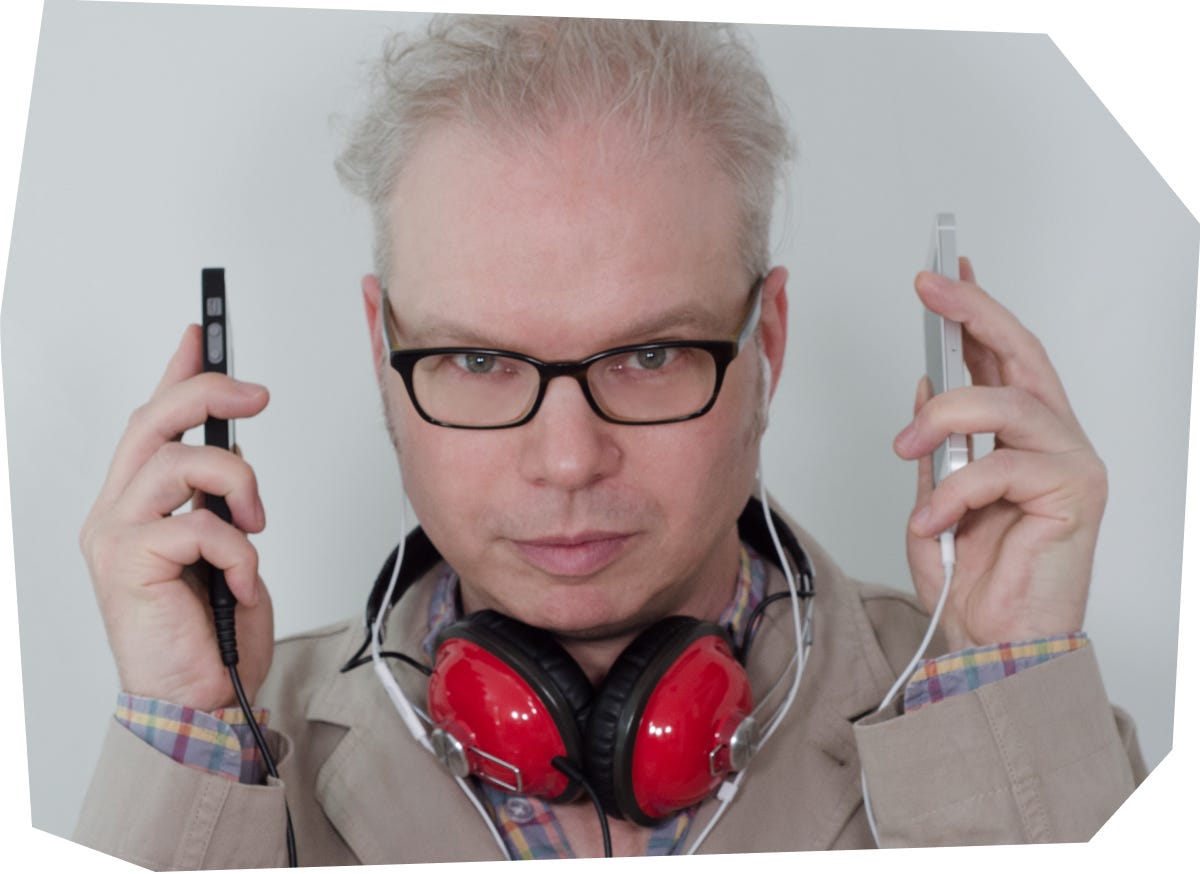This week, we interviewed Damon Krukowski, musician and writer of Dada Drummer Almanach, a publication about music creation and sound.
This interview has been lightly edited for length and clarity.
What’s your Substack about?
How we listen to music, but more generally how we listen altogether. I’ve been a professional musician most of my adult life, but we are all listeners from birth. Everyone shares that expertise. But we don’t talk about it enough.
What’s behind the name Dada Drummer Almanach?
The original Dada Almanach was a publication from 1920 put together in Berlin by the international members of the avant-garde (and often absurdist) Dada art movement. Its editor was Richard Huelsenbeck, who later wrote a book about his life called Memoirs of a Dada Drummer, because he once played the drum in a performance at the team’s Zurich bar and hangout, Cabaret Voltaire. The spirit of that period has always spoken to me. And, being a drummer myself, I couldn’t resist.
Why does the way we listen to music matter?
We know sounds before we know language. I believe that how we treat them, how we listen to them, and how we share them cuts to a very deep human place.
As a musician, you lived through the transition from analog to digital, a shift that you have noted “no one will live through again.” What do people most commonly get wrong about that transition?
A lot that is trumpeted about digital as new actually isn’t. And a lot that seems antique about analog isn’t, either. For example: people have always used digital logic. It’s how we count, for one. And we will always have analog bodies. We can’t actually hear digital music without first translating it to an analog signal for our ears to perceive. So analog is heading into the future with us. There’s no choice about that, unless we become cyborgs.
Your writing is full of rich, anecdotal details. Readers hear stories of Spotify CEO Daniel Ek eating shrimp alone at a Grammy party, or how a mis-set amplifier led Brian Eno to a new way of hearing music. Where do you uncover these anecdotes?
Musicians spend a lot of time hanging out, trading stories. If you don’t like doing that, it’s hard to be a musician. And if you do, you end up with a lot of them over time.
One of my proudest moments as a writer was when a friend who has spent a long career on tour with many many bands read my book and said: “You know that story you told about Deep Purple? I’d never heard that one!"
A common topic you cover is how musicians today make money. What do you wish the general public understood about streaming and royalties that isn’t obvious?
I am involved in advocacy for a fairer system of payment from streaming, which really needs fixing. So this is a big topic for me. What’s most important is streaming platforms—Spotify, Apple Music, Amazon Music, YouTube—are not music companies; they are tech companies. Musicians have no direct relationship with them. We don’t get to negotiate our contracts with them and there’s nothing we can do about how they decide to operate. And yet they run our industry now.
It’s kind of like a hostile takeover, like when investors buy a candy company and start fooling with the brand even though they don’t know the first thing about candy. You know your favorite candy isn’t going to taste the way it used to. It might even disappear.
We don’t get to negotiate our contracts with [streaming platforms] and there’s nothing we can do about how they decide to operate. And yet they run our industry now.
Who’s another Substack writer you’d recommend?
There are a lot of good music writers on Substack, but here’s a newsletter that’s nothing but music: Mercy, Mercy, Mercy, by Joyce Linehan. Joyce booked one of the first shows my old band, Galaxie 500, ever played. She also ran the East Coast office for Sub Pop Records when our duo, Damon & Naomi, were on the label. Then she went into politics, helped elect Elizabeth Warren to the Senate, and served as chief of policy to Boston mayor Marty Walsh. She knows a lot—and a lot of songs.
Subscribe to Damon’s publication Dada Drummer Almanach on Substack. Damon also has a personal website and one for the duo Damon & Naomi and is on Twitter.





